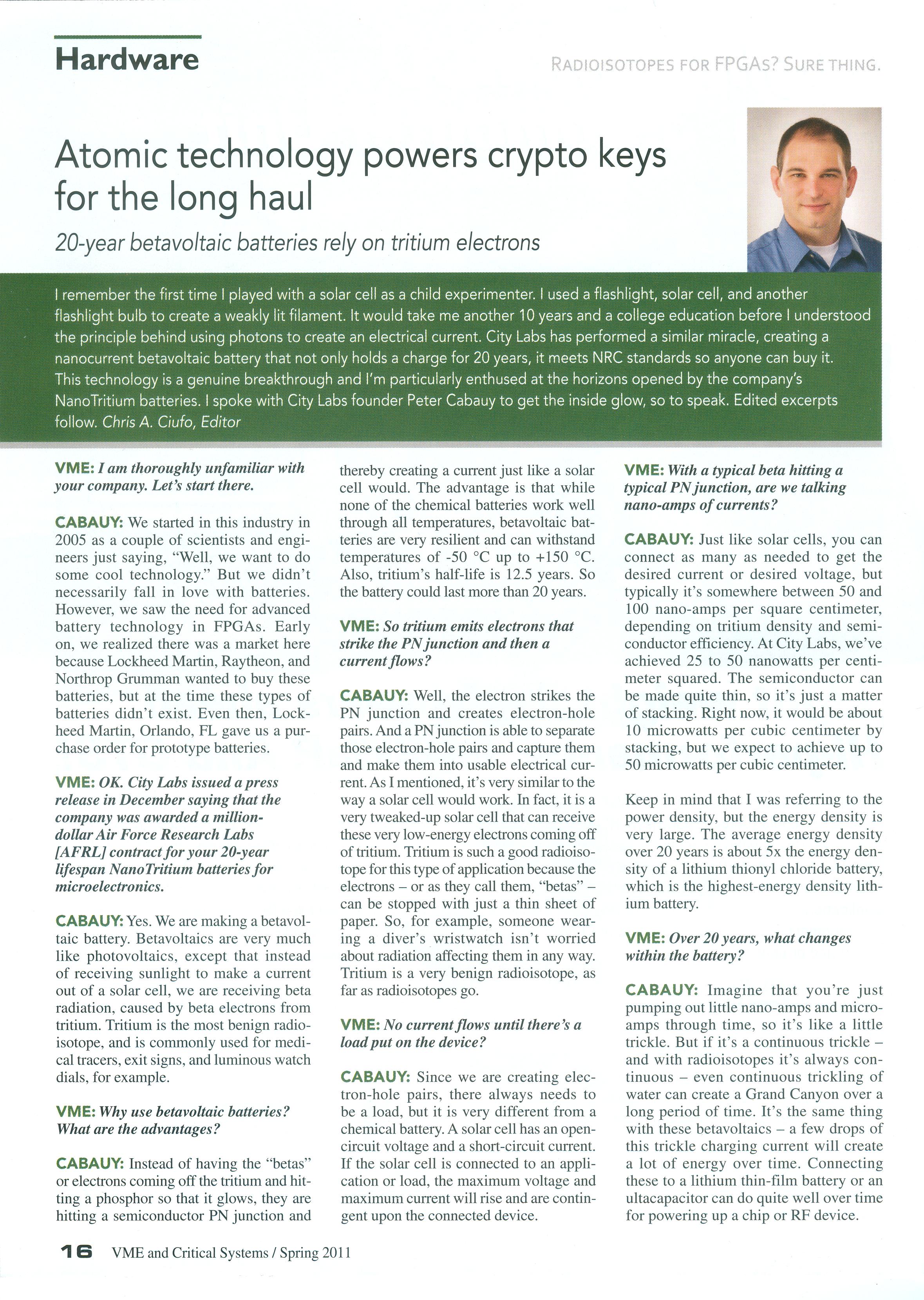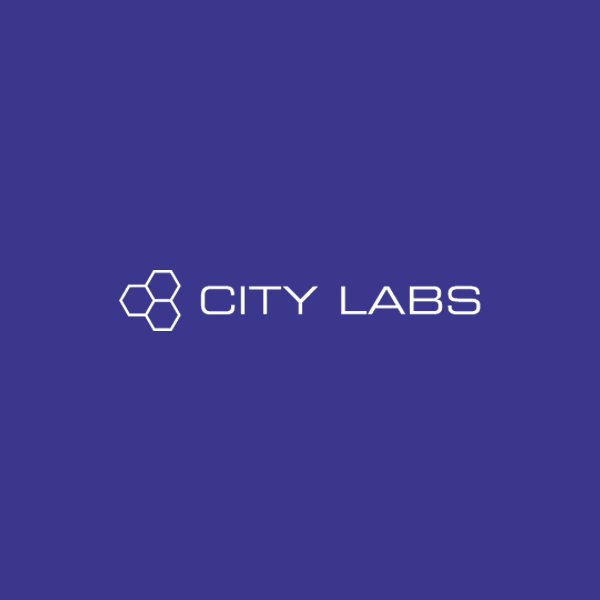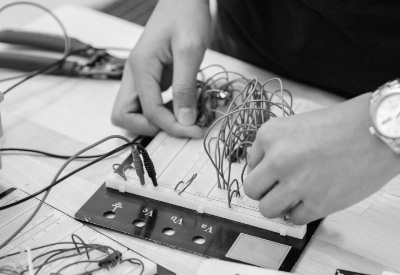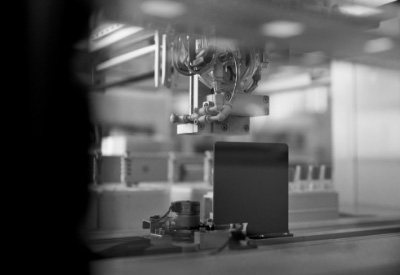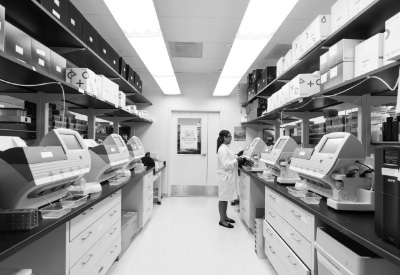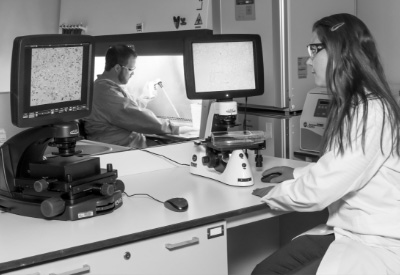December 3, 2024–Word about the potential for commercial uses of nuclear-powered batteries is spreading, and City Labs’ work with tritium-based betavoltaics is front and center in the discussion. Peter was asked to share City Labs’ innovations in the recent article, “The Race to Commercialise Nuclear-Powered Batteries” in the Royal Society of Chemistry’s online publication Chemistry World.
The article highlights the transformative potential of micronuclear batteries, which harness the power of radioisotopes to create long-lasting, reliable power for applications like medical devices, infrastructure monitoring, space exploration, and more. Researchers across the globe are using a range of radioisotopes to develop batteries suited to a range of applications, and several of them are featured in this article.
Peter explains the advantages of micronuclear power this way in the article: “You could embed a tiny nuclear chip with a sensor into concrete, come back a decade later and query the sensor about humidity on certain days. Put it down. Forget about it. Use when necessary.”
Along with City Labs, work from researchers at Bangor University and the University of Bristol in the UK, Soochow University and Betavolt in China, and the Canadian Nuclear Laboratories are discussed in the article. City Labs’ work with Cornell University and Dr. Mason Peck on low-earth orbit satellites is cited, and Peter mentions that NASA could use tritium chips to power sensors in dark lunar craters. “For probes going to Mars or the moons of Jupiter, there’s a need for isotopes that can supply low power, consistently,” he said.
The article cites Bristol researcher Tom Scott’s observation that interest in micronuclear batteries has ticked up in recent years. “Numerous governments [and] research organizations are all taking an active interest in this technology. We appear to have something of a technology race on our hands,” he said.
City Labs welcomes the challenge and congratulates all the amazing teams across the globe advancing this technology!


